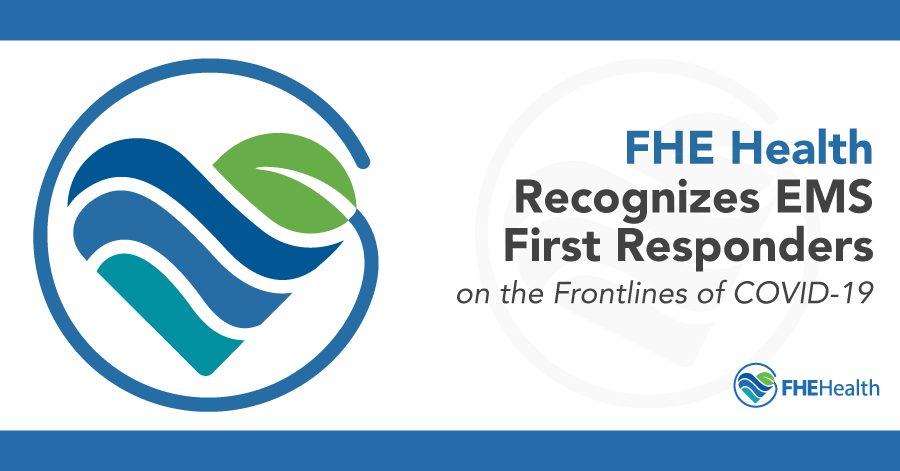
Today is EMS Recognition Day and the culmination of National EMS Week. It’s an annual celebration of the men and women, mothers and fathers, spouses and partners who are always the first to respond to medical emergencies. From drownings and overdoses to heart attacks and car accidents, the life-harrowing moments that most of us may experience only once in a lifetime are routine for EMS professionals.
How COVID-19 Is Impacting EMS Workers’ Mental Health
These heroes deserve our recognition all-year-round, but especially this week and in this critical moment in the life of our nation. COVID-19 has placed unparalleled mental health burdens on the shoulders of EMS workers. They’re struggling with record levels of guilt, trauma, and hopelessness, an article in Business Insider recently reported. They’re also losing sleep, drinking, and becoming depressed—and say they feel like they’re working in a “war zone” lately.
How Trauma and Post-Traumatic Stress Can Cause Long-Term Damage
For many, these symptoms and others will linger long after the threat of COVID-19 has passed. Post-traumatic stress and the effects of trauma often manifest over time, both physically and mentally. The physical and psychosocial health repercussions can be very serious, overwhelmingly affecting EMS workers and first responders more than workers in other occupations.
How FHE Health Honors EMS Workers All-Year-Round
At FHE Health, we are fully invested in the mental and physical welfare of EMS workers and their recovery from PTSD and other mental health conditions. Through our specialized, trauma-based, first responder treatment program, “Shatterproof,” we’ve helped many EMS workers find healing from PTSD, depression, anxiety, and drug and alcohol abuse. And, we regularly celebrate with them when they return to jobs, families, and communities, having achieved their treatment goals.
Remembering Our EMS Heroes
Today please join us in honoring EMS workers for their tremendous sacrifice to our country—not just now in a time of great national need, but always. They fulfill the words of President John F. Kennedy, when he said, “Ask not what you can do for your country. Ask what you can do for your country.”
Learn more about FHE Health’s specialized treatment program for first responders.






